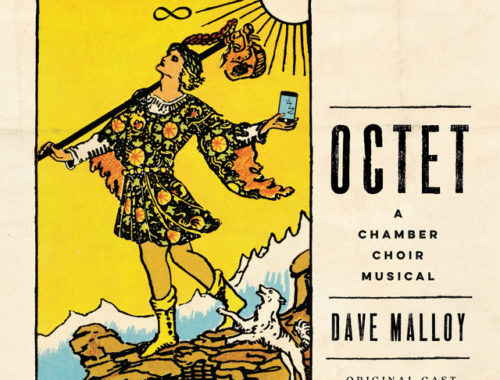The Gershwins’ “Porgy & Bess”, Cape Town Opera, London Coliseum
Behind poster images of iconic black crusaders – from Nelson Mandela to Steve Biko – the township that is Catfish Row is revving up for another day. And such is the pumping dynamism of the Cape Town Opera ensemble that you can barely hear George Gershwin’s tumultuous xylophone-driven prelude for the hollering and whistling. This isn’t going to be an evening for the faint-hearted or one in which glamorous international opera stars or a big name conductor draw a veil of respectability over the Gershwins’ celebrated fable – no, this is a rough-hewn, down and dirty, evening of home-spun truths through which you suddenly begin to realise the spirit in which this amazing score was conceived.
And that ensemble of lustful, uncultured voices, where finesse is the very last thing on anybody’s mind, is about as close as you’ll get to the improvisational imperative that those two Jewish boys from Brooklyn had envisaged. The big gospel-inflected set pieces achieve the best kind of “authenticity” – the sense of being composed in the singing of them – and be it the thrilling wake scene where Arlene Jaftha’s Serena lays bare her lament “My Man’s Gone Now” with keening intensity or the great “Doctor Jesus” ensemble where the entire company comes downstage in a rising crescendo of impassioned and seemingly random invocations, the effect is thrilling. Even the choreography (Sibonakaliso Ndaba) is spontaneous to the point of looking facile and unstructured – an irresistible bodily response to the rhythm of life. Again, I think Gershwin wanted immediacy over precision and conviction over beauty every time.
So here you have a Porgy in Xolela Sixaba (this tour has been triple cast in principal roles) of big and unruly voice but heartfelt directness, a Crown of intimidating power from Ntobeko Rwanqa, a larger than life and truly elemental Maria in Miranda Tini “rapping” her disgust at Victor Ryan Robertson’s snake-like Sportin’ Life – and the wonderfully sexy and womanly Bess of Nonhlanhla Yende whose transformation from good-time girl to rehabilitated woman and back again is underlined with blatant cynicism by director Christine Crouse who in the moment conductor Albert Horne has the Orchestra of Welsh National Opera let rip with the reprise of “There’s a Boat That’s Leaving Soon for New York” has Bess re-emerge exactly as we first saw her – as if her days with Porgy had never happened. Disarming and electrifying.
Bryn Fest, Royal Festival Hall
You May Also Like

GRAMOPHONE Review: Bernstein Candide – Soloists, London Symphony Orchestra/Alsop
20/12/2021
COMPARING NOTES: Laura Pitt-Pulford in conversation
05/01/2021